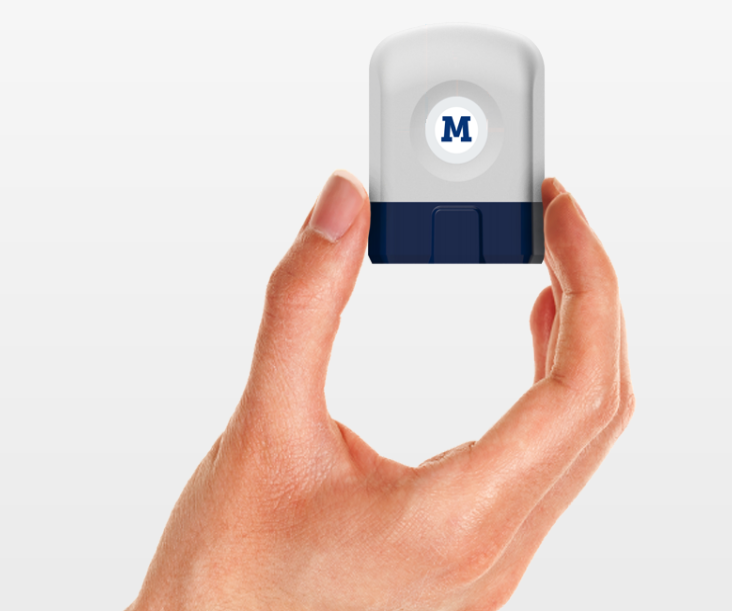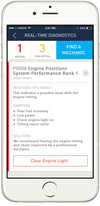Decipher Your Car’s ‘Check Engine’ Light Via Bluetooth
A little wireless car whisperer

We may earn revenue from the products available on this page and participate in affiliate programs. Learn more ›
Despite my fondness for (and previous career in) computer troubleshooting, I find myself at sea when it comes to dealing with my car. But fortunately pretty much every car has a computer in it these days, and that onboard system can provide a first step to diagnosing a problem—all you need is the right tool.
Like a slew of other car diagnostic devices on the market, Mechanic Advisor’s Connection Key is a $75 dongle (which you can pre-order for $45 as of this writing) that plugs into your car and retrieves diagnostic information—the same information that a real, live mechanic would pull up were you to take your car into the shop. But it’s got a handful of advantages over many of its competitors.

For one, the Connection Key uses Bluetooth to communicate wirelessly with the Mechanic Advisor app on your iPhone or Android smartphone. That means that instead of only hauling out the device when you want to troubleshoot a particular issue, you can leave it plugged in all the time. For another, the Mechanic Advisor app takes a holistic approach to car health, alerting you to problems as they occur and even providing reminders to change your car’s oil, replace worn tires, or get other scheduled service when it’s time to do so. It also taps in to a community of mechanics so you can use the app’s Ask a Mechanic feature to answer questions about your own particular situation. And the app itself is on the user friendly side, presenting information in a clear and easy-to-read manner that also lets you know whether this is a critical issue, or one you can safely wait to fix.
The OBD-II port that the Connection Key and competing devices use has been standard on pretty much every gasoline car since 1996 (sorry, diesel and electric owners). I used to occasionally troubleshoot my dearly departed 1997 Honda Accord with a similar gadget, CarMD. However, that device was pretty cumbersome; first I had to remember where I’d left it in my (generally-messy) office; then bring it out to the car and plug it in; then bring it back inside so I could connect it via USB to my computer and finally look up the diagnostic code using some clunky software.
As someone who’s always a little worried that my mechanic might be taking me for a ride—so to speak—a device like this seems like a good way to be forearmed, so you can avoid taking an (oil) bath next time you bring your car in for service.